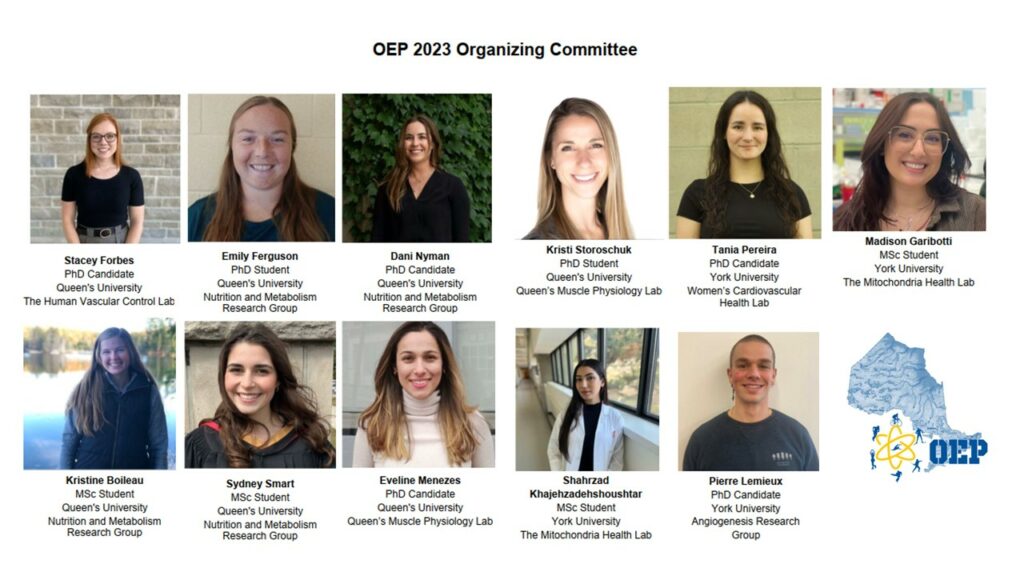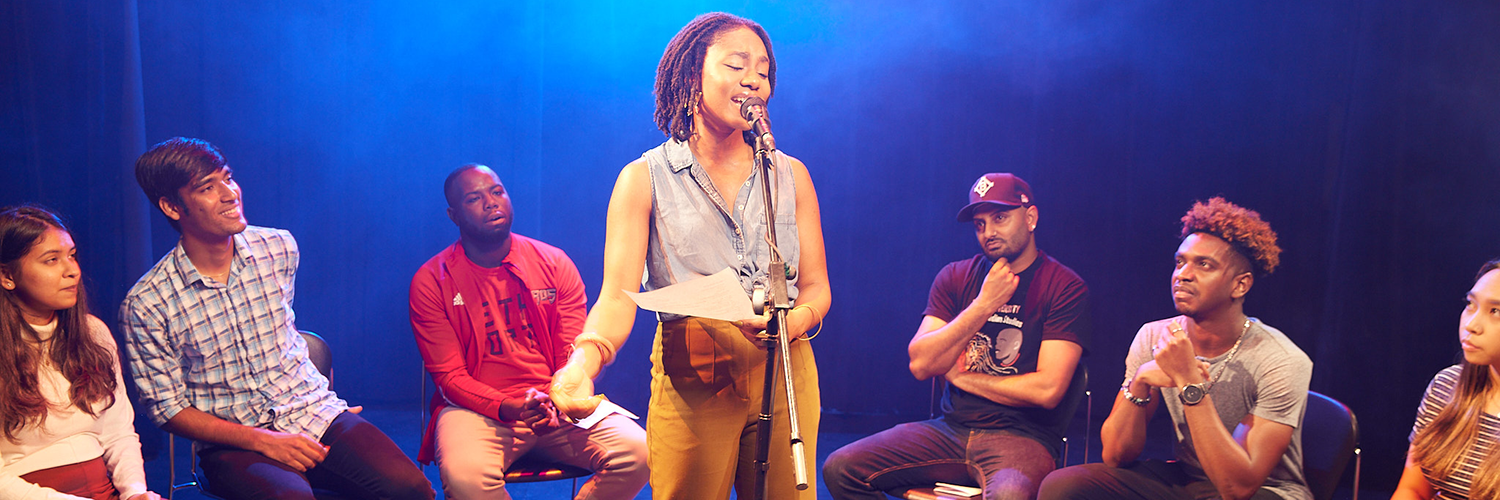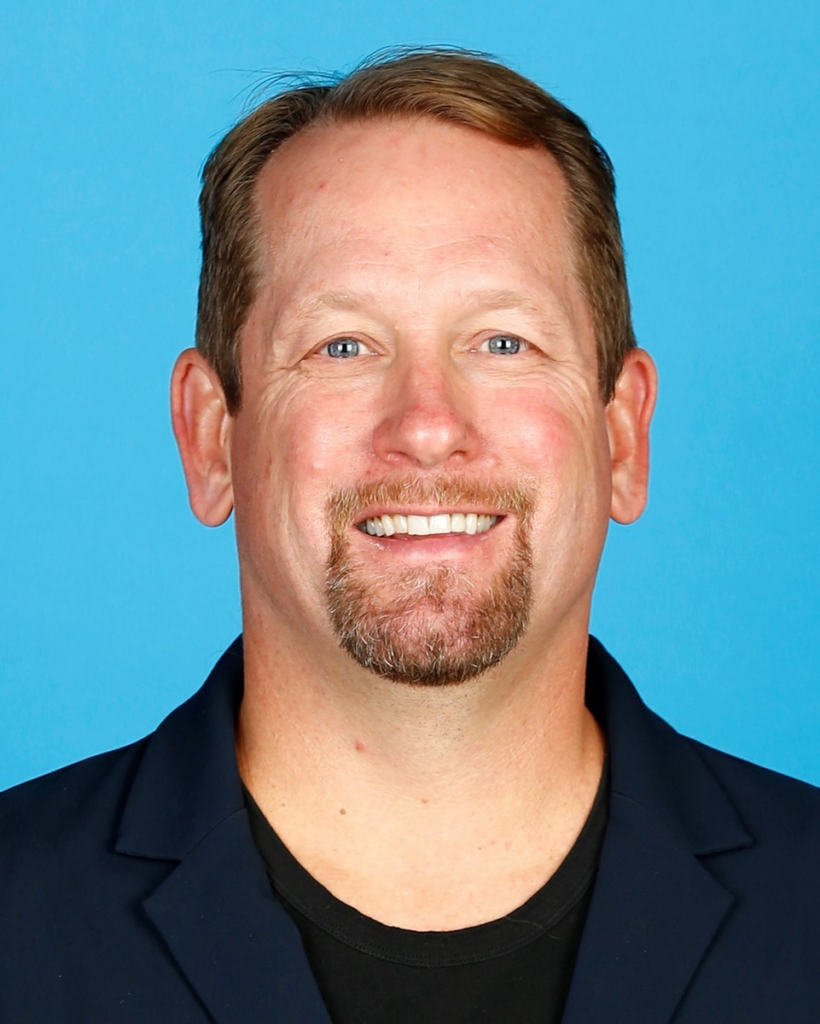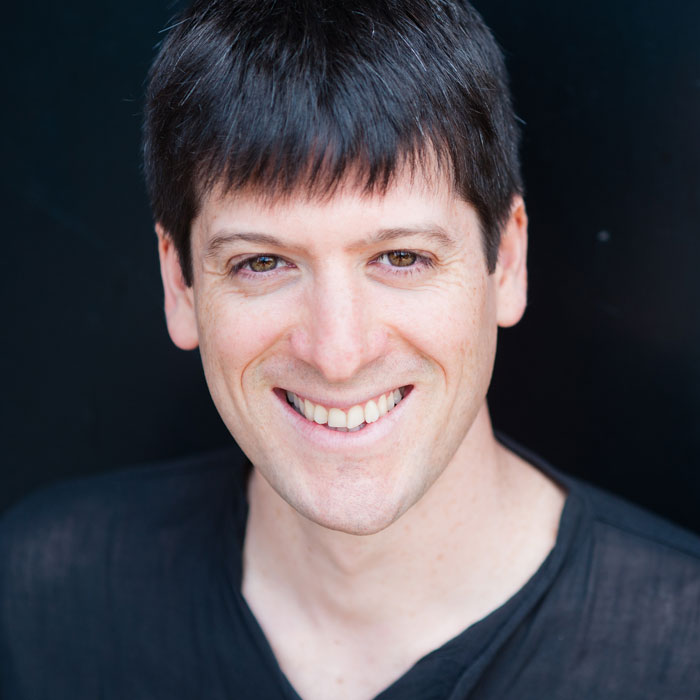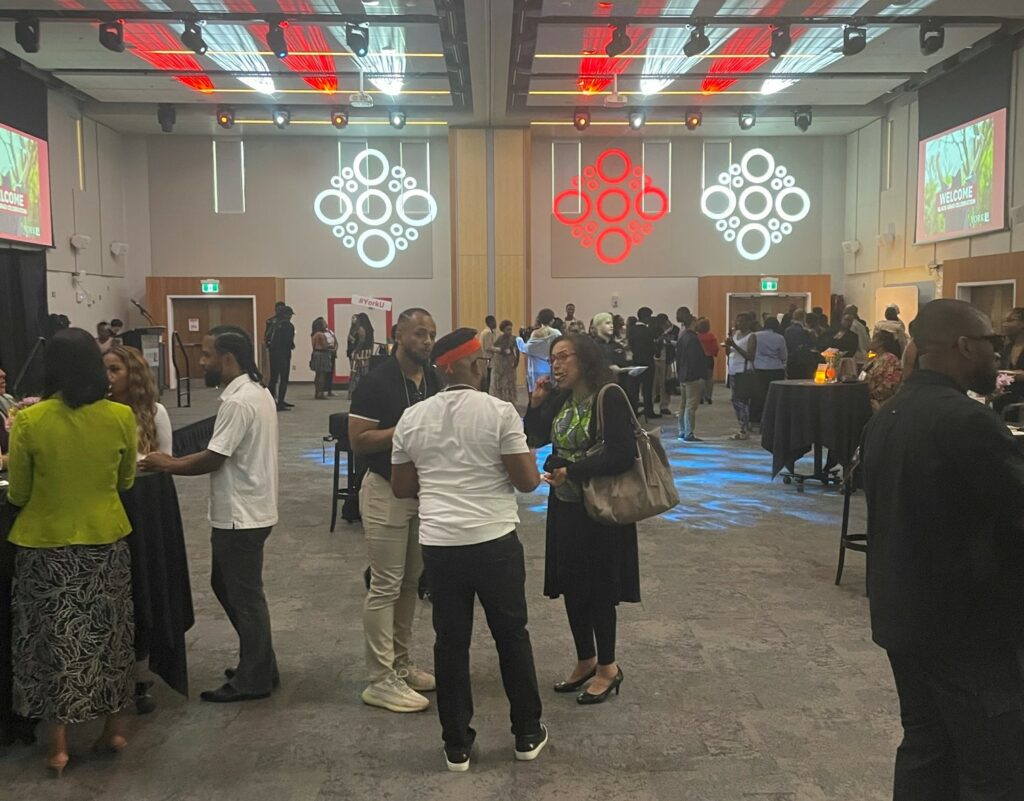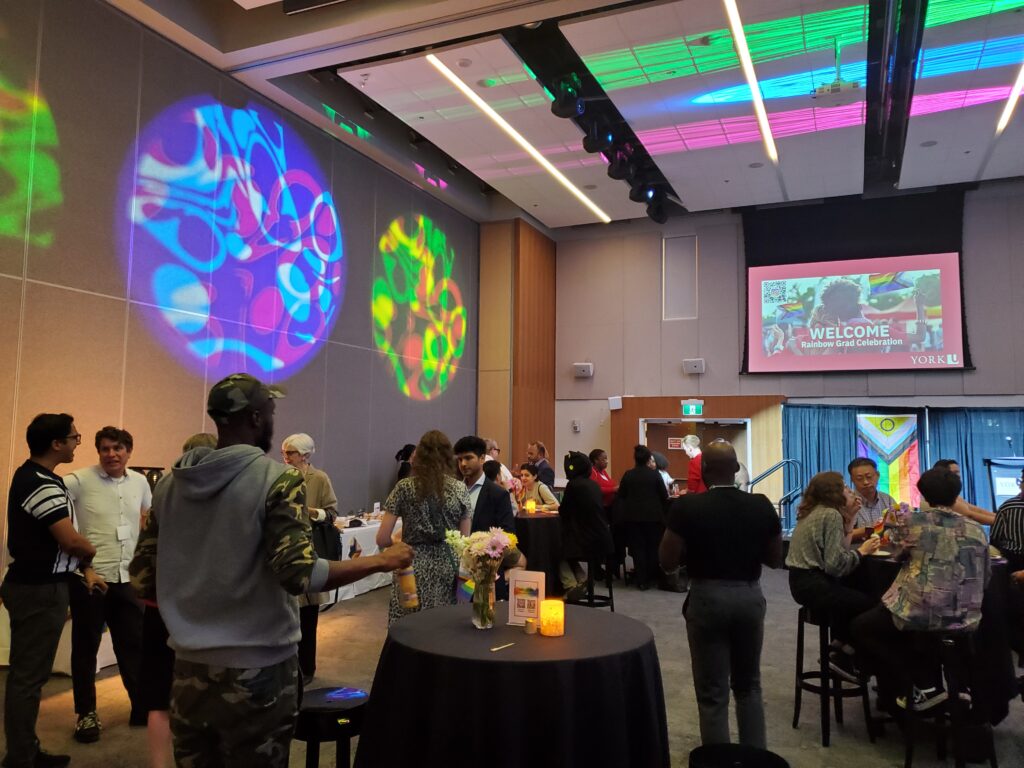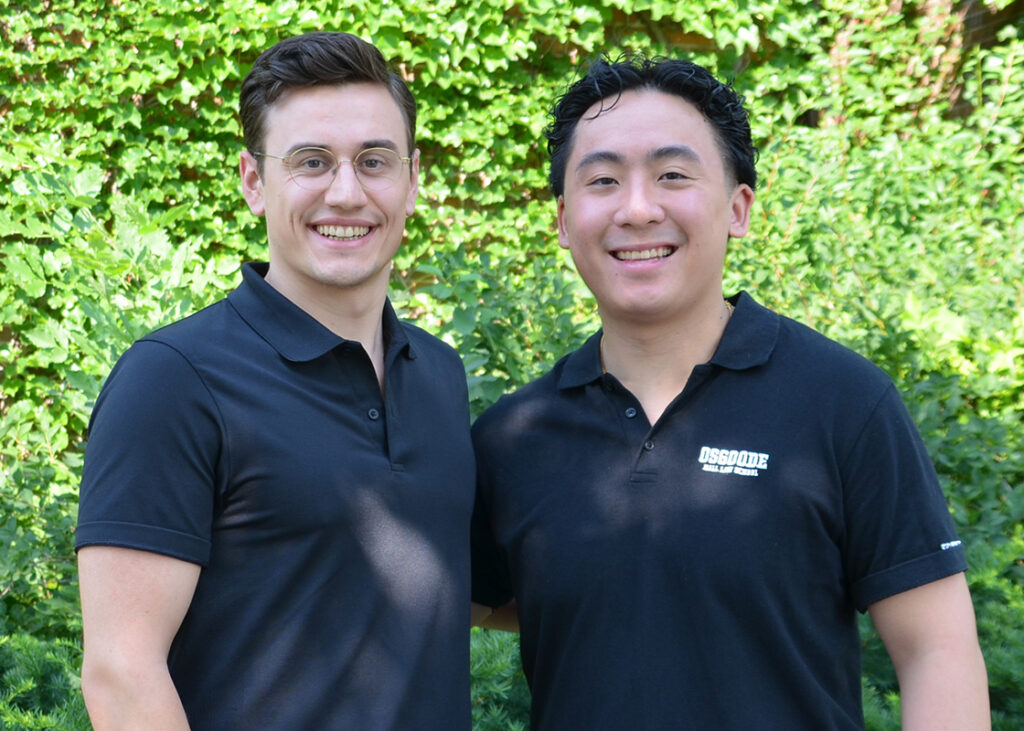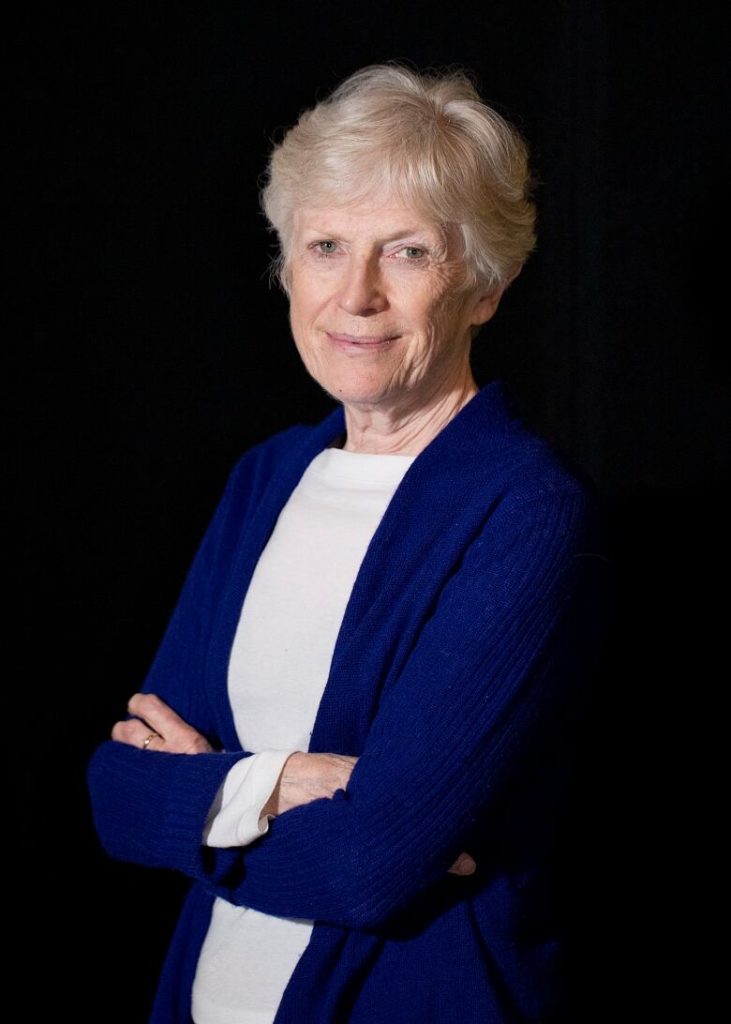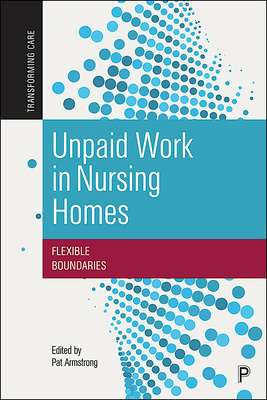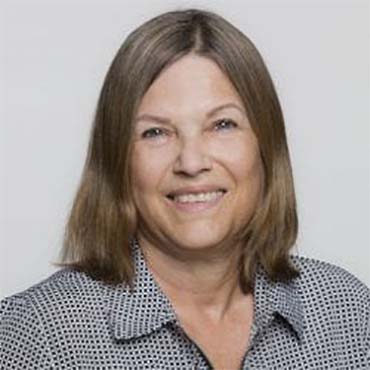York University’s Lassonde School of Engineering k2i (kindergarten to industry) academy will put a $400,000 donation from the 407 ETR towards programming that will help dismantle systemic barriers for underrepresented groups in STEM (science, technology, engineering and math) and prepare the next generation for careers in these fields.
The donation was announced at an on-campus event at the Bergeron Centre for Engineering Excellence, where leadership from Lassonde and 407 ETR were on hand to speak to the importance of the initiative and what this gift would mean for the programming offered through k2i.
“We launched the k2i academy three years ago with the idea of bringing STEM learning to life,” says Jane Goodyer, dean of Lassonde. “The k2i academy is a sandbox for innovation in STEM education, building a network of collaborative partners, committed to creating systemic change in our education system. With this gift, Lassonde will continue our work to increase equity, diversity and inclusion, and create a talent pipeline in STEM through job-ready training and innovative learning models.”
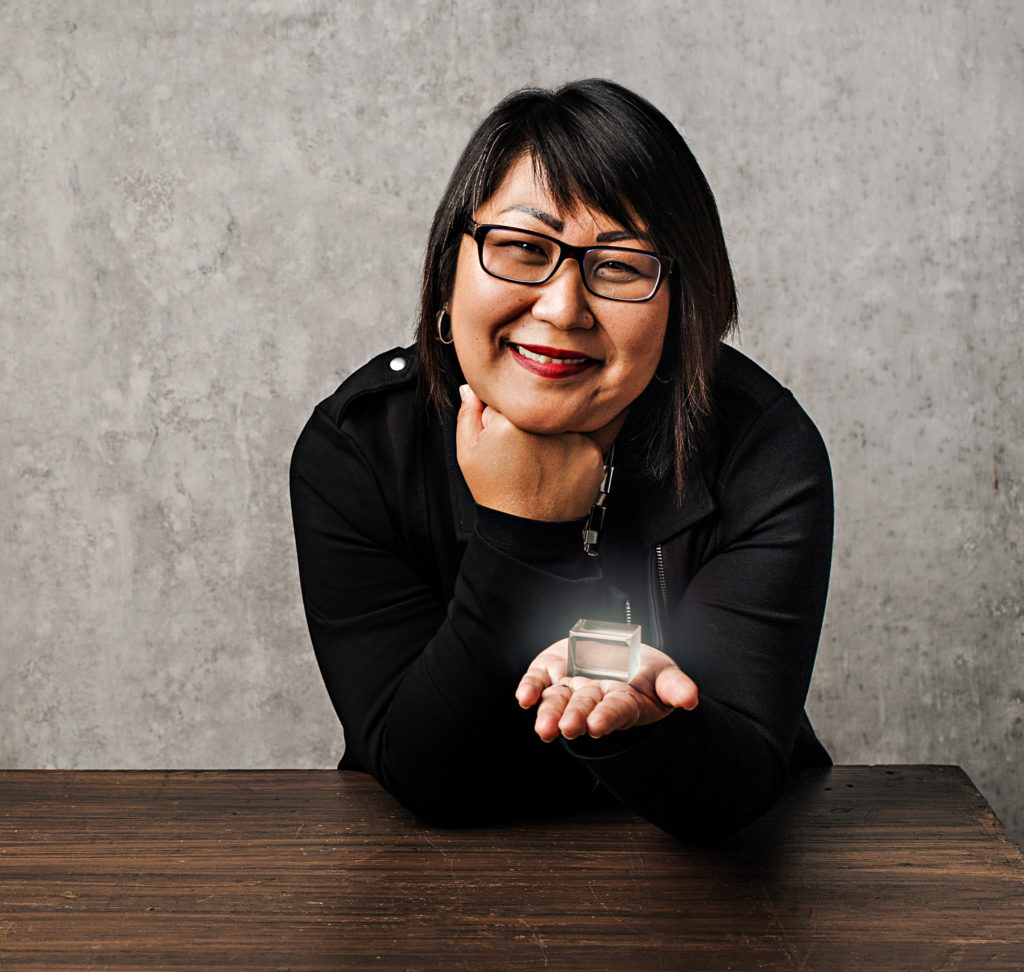
The donation will be divided equally between two programs, administered by Lisa Cole, director of the k2i academy.
The first program, the 407 ETR Path2STEM Fund, will support a micro-credentialled Specialist High Skills Major (SHSM) program. SHSMs allow students to gain experiences and develop skills toward their high-school diploma in Ontario while focusing on a specific economic sector. The 407 ETR Path2STEM Fund will be used to create a series of innovative SHSM experiences in engineering and digital technologies. Geared toward diverse learners, the program will prepare students for innovative post-secondary programs and meaningful STEM careers.
407 ETR President and CEO Javier Tamargo says his organization is keen to invest in a highly skilled and diverse workforce that can meet the challenges of tomorrow.
“407 ETR is a company rooted in STEM. In fact, about half of our workforce is employed in a STEM-related position ranging from data analytics and IT to traffic and tolling. These professionals are integral to our business, and so is ensuring that our team is reflective of the vibrant communities we serve,” says Tamargo. “That starts with doing our part to help foster a diverse talent pool, which is why we’re so proud to support the Lassonde School and York University’s work to move more youth into the pipeline towards rewarding academic and professional careers in STEM.”
The second program, the 407 ETR Work Integrated Learning Equity, Diversity and Inclusion (EDI) Fund, will specifically be geared to help k2i expand its offerings to students underrepresented in STEM, including women, Black and Indigenous youth, and those from low-income communities. Since 2020, k2i has been offering paid summer work opportunities for students in grades 10, 11 and 12 while gaining school credit. The programming is done in partnership with the Toronto District School Board, York Region District School Board and Peel District School Board. Students receive 140 hours of paid work with an added opportunity to earn a high-school prerequisite credit for STEM pathways while learning skills in coding, design, electronics and more. This year’s on-campus program offered a unique Grade 12 English credit, rooting language and communication in hands-on science and engineering experiences.
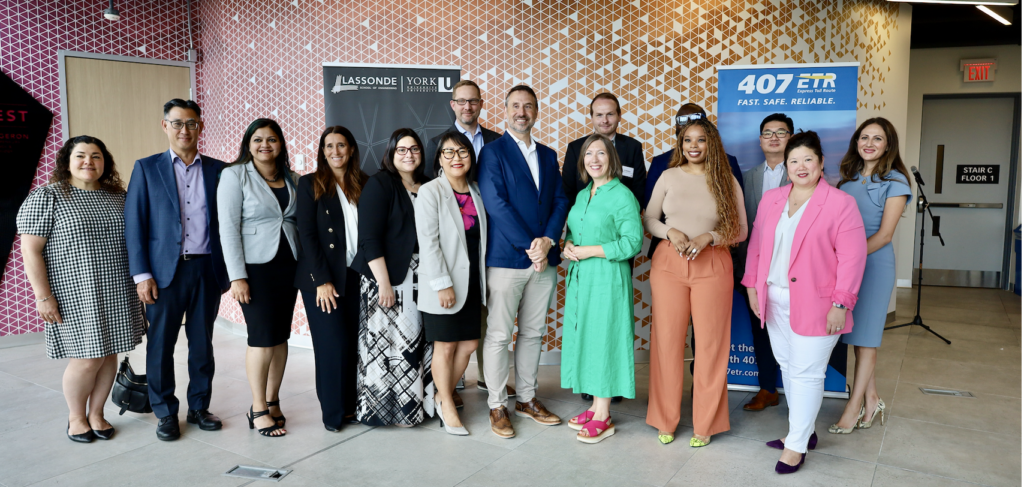
Students are empowered to explore, question, wonder and discover through interactive learning experiences to strengthen skills in computational thinking, coding, electronics, engineering design, 3D modelling and creativity. Combining work and learning provides an innovative way for students to explore possibilities in STEM careers, connect with networks and mentors to launch their interests in post-secondary studies, gain experience in developing STEM skills, and strengthen professional skills in communication, collaboration and problem-solving.
“With this generous donation from 407 ETR, we will continue our journey of offering paid educational experiences to underrepresented students in environments that are dynamic, innovative and collaborative,” says Cole. “We’ve already reached 6,000-plus youth and offered more than 175,000 hours of learning, and we’re thrilled to be able to expand this work and hit our next milestones.”
407 ETR has been a supporter of the Lassonde School of Engineering and York for over a decade. In 2013, a donation was made to support the 407 ETR Learning Laboratory, home to pre-laboratory training, theory and application for a generation of civil engineering students.
Learn more at News @ York.




